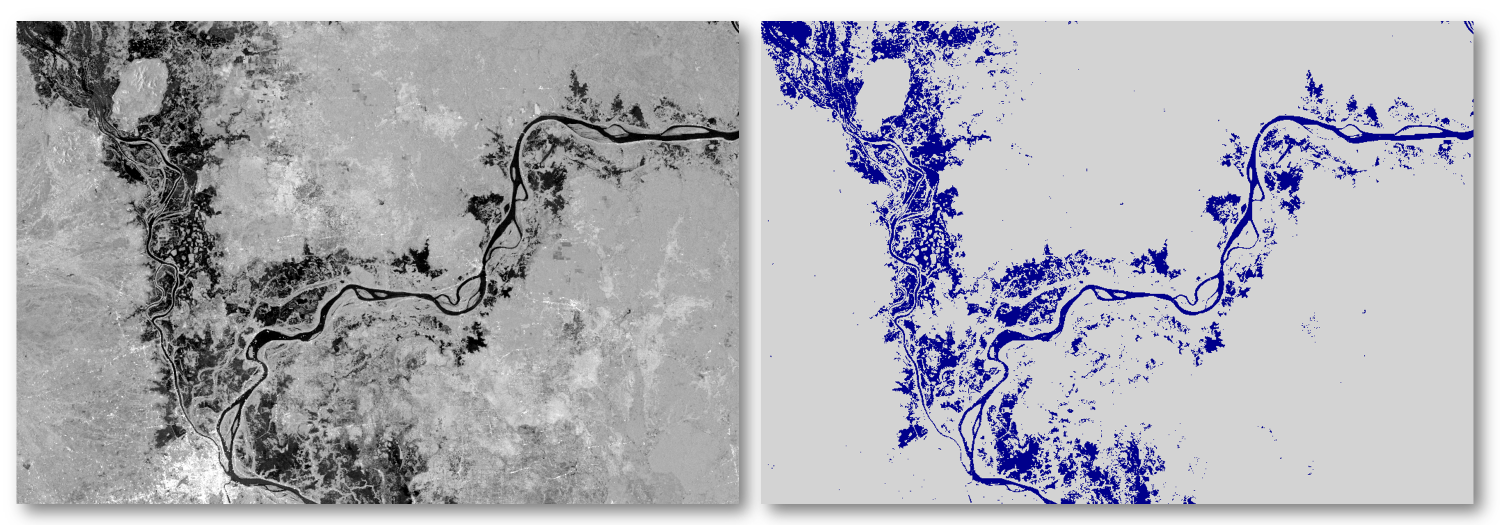Funding
Funding#
Deploy dedicated funds for core development and maintenance. Stable and secure funding for core product development is foundational for maintaining ongoing, high-quality project support. Maintenance funding for OSS for sustainability should be given extra attention. This may include allocating funds to:
Develop documentation, code libraries, training, or other resources that make it easier for more people to manage and develop and extend existing technology
Develop robust solutions to recurrent short-term problems such as solving legacy problems
Complete migration from legacy code
Improve the design and user experience of technology
Establish or adopt technical standards
The insights, methods and tools developed within the framework of this study can contribute significantly to making such investments transparent and targeted.
Embed open source principles within philanthropic and impact investment. Organisations across sectors are increasingly recognising their own reliance on open source, with over 97% of modern digital infrastructure leveraging open source code.1 There is also a realisation of the material benefits organisation and societies reap from adopting and engaging in open source – both directly, as well the co-benefits of collaborative innovation. From the largest health management information system in the world to pandemic tractability and climate change adaptation tools, the scale and impact of open source is vast. However, direct contributions to this growing shared resource is rarely considered as a desired outcome within philanthropic and social impact circles. Our findings reveal that a bottom-up convergence of digital and sustainability transformations are crucial to bridging the digital divide and achieving an inclusive, regenerative and circular economy. We encourage philanthropists and impact investors to recognise the transformative properties of open source and its cascading effects, particularly within environmental sustainability, and embody these principles within their funding criteria. Examples of funders embracing this collaborative orientation, seeking to maximise the impact of their resources, include Climate Subak, the Open Technology Fund, and the community-driven platform Open Collective.
Make open source a priority for government investment. Governments at all levels can play a central role in building capacity for OSS in sustainability and beyond by making open source a priority when developing internal systems, within the procurement process, and when funding research and development where software and hardware are outputs. There are many direct and indirect benefits of taking this approach, which are highlighted throughout this report. Importantly, building interdisciplinary and transdisciplinary capacity around open source information and technology has cascading effects across business, academia, industry and the community; stimulating endogenous growth,1,2 labour productivity,1 and the formation of start-ups.3 Increased economic complexity and resource efficiency gains are also evident.1,2 According to research from the European Commission, an increase in contributions to open source software (OSS) of 10% per year results in a GDP increase of 0.4% to 0.6%, as well as the creation of more than 600 new technology start-ups in the EU.3 OSS presents clear environmental, economic, and social advantages, and should therefore be seen as a key component of effective digital innovation or sustainability strategies. With many governments acknowledging the Sustainable Development Goals within their internal policy, we encourage policy and decision makers to assess their contribution towards these Global goals within the context of open source and public-purpose value, particularly with respect to environmental sustainability. New alliances, such as Digital Public Goods Alliance, play an important role in generating a shared understanding of the benefits of supporting and fostering open source, together with governments at scale.

Fig. 50 HYDRAFloods is an open source Python application for downloading, processing, and delivering flood maps derived from remote sensing data. License: GPL-3.0#
